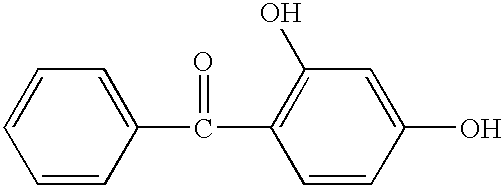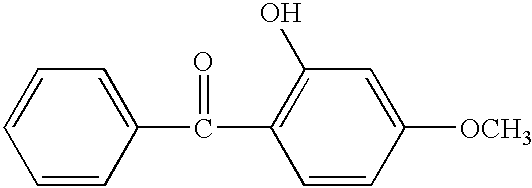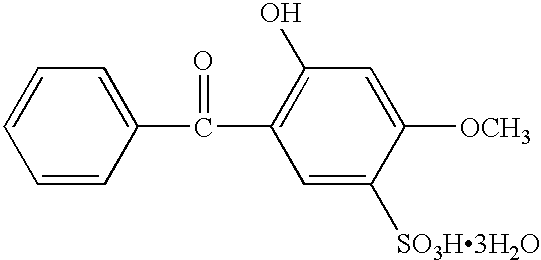Solar battery module
a solar energy and module technology, applied in the field of solar energy module, can solve the problems of lacked careful consideration, difficult to eliminate the odd sensation, and most of them have a detrimental effect on the design
- Summary
- Abstract
- Description
- Claims
- Application Information
AI Technical Summary
Benefits of technology
Problems solved by technology
Method used
Image
Examples
example 1
Preparation process
As shown in FIG. 1, a solar better cell-forming structure comprising a lower electrode layer 2, an amorphous silicon layer 3 having a pn junction or pin junction, an insulating layer 4, and an ITO transparent electrode layer 5 formed on a flexible substrate 1 was provided with a through-hole 10 and open channels 10a by laser machining.
Next, as shown in FIG. 2, a first isolating layer 6 and a second isolating layer 7 were formed over the ITO transparent electrode layer 5 where the open channels 10a were formed. Further, as shown in FIG. 3, a wiring electrode layer 8 was formed over the first isolating layer 6 and through-hole 10.
Next, as shown in FIG. 4, after a reverse-side lead-out electrode 9 was formed if necessary, an insulating color ink which was prepared in accordance with the following insulating color resin composition 1 was applied onto the wiring electrode 8 to form an insulating color film 11.
The insulating color resin composition 1 whose color was app...
example 2
A solar battery module was prepared as in Example 1 except that a resin coating of the following composition was formed on the cell surface instead of the lamination film. The solar battery module was tested as in Example 1, finding that it had a certain effect of unifying tones and operated as a solar battery without problems.
The Lumiflon resin was completely dissolved in a solvent mixture of .gamma.-butyrolactone and isophorone, and dispersed in a zirconia ball mill for 48 hours. The anti-foaming agent and leveling agent were then added to the dispersion, which was mixed for a further 2 hours. The following hot crosslinking reaction components were added.
The mixture was mixed and dispersed for a further 20 minutes, obtaining a resin coating composition having transparency and insulation and effective for the protection and sealing of the cell light-receiving surface.
The thus obtained composition was applied to the surface of the solar battery cell by a screen printing technique an...
PUM
| Property | Measurement | Unit |
|---|---|---|
| light transmittance | aaaaa | aaaaa |
| light transmittance | aaaaa | aaaaa |
| heat resistant temperature | aaaaa | aaaaa |
Abstract
Description
Claims
Application Information
 Login to View More
Login to View More - R&D
- Intellectual Property
- Life Sciences
- Materials
- Tech Scout
- Unparalleled Data Quality
- Higher Quality Content
- 60% Fewer Hallucinations
Browse by: Latest US Patents, China's latest patents, Technical Efficacy Thesaurus, Application Domain, Technology Topic, Popular Technical Reports.
© 2025 PatSnap. All rights reserved.Legal|Privacy policy|Modern Slavery Act Transparency Statement|Sitemap|About US| Contact US: help@patsnap.com



